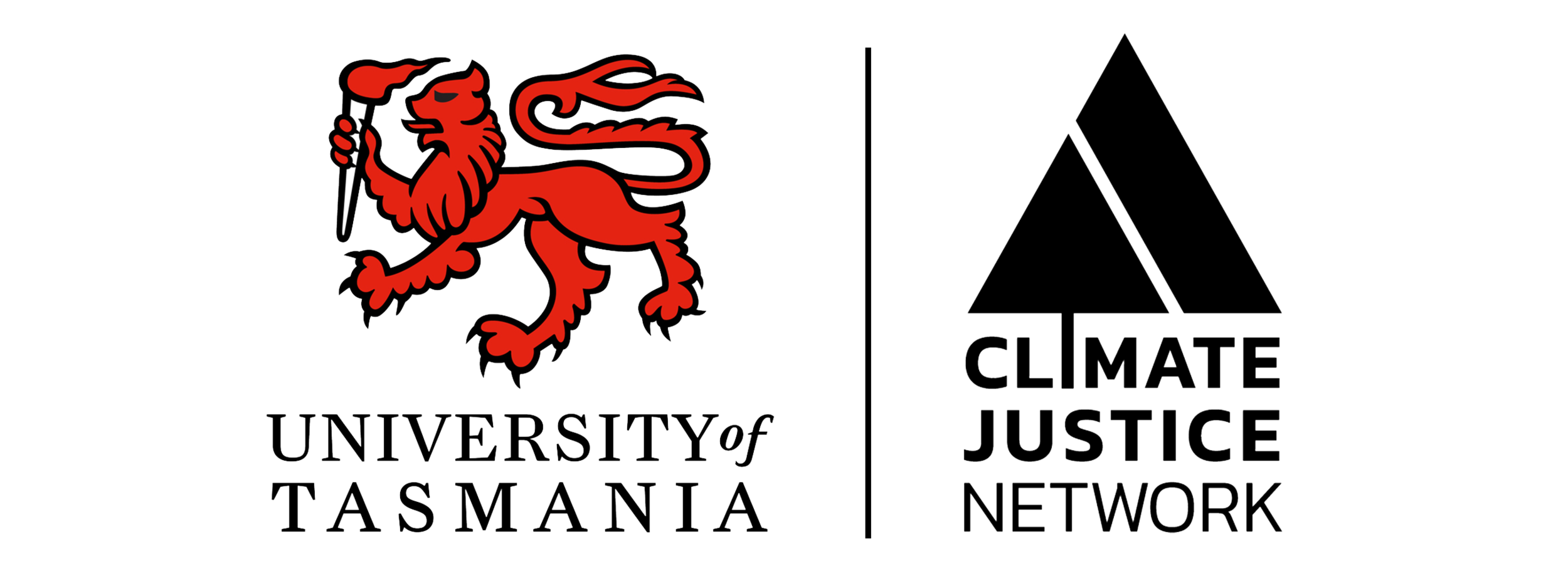The Use and Misuse of Climate Science
David Coady (University of Tasmania) addressed Two epistemic errors of many climate change sceptics. The first is the failure to recognise truth, due to the pursuit of belief or avoidance of error. The second is an independence principle, mistakenly requiring scientific conclusions to be acquired with a high degree of independence of each other. Climate sceptics are often characterised as anti-science, but rather may have a misunderstanding of science.
Richard Corry (University of Tasmania) discussed attributing responsibility for extreme weather events. In answering whether climate change caused a specific event, we may ask whether it ‘could not’ or ‘would not’ have happened without climate change. Both tests are unsatisfactory to answer the causal question. If we measure how much of a contribution the cause made, the results may show climate change as a significant cause of events. Three discussants shared their responses to the presentations.
Discussion:
Sivan Kartha (Stockholm Environment Institute) highlighted the particular aspect of testimony. There may need to be better differentiation between scientific conclusions and normative judgements. James Risbey noted there is an inbuilt conservatism in science and a reluctance to talk about climate change as an alarming prospect. Mel Fitzpatrick addressed the silencing of scientists. Part of the problem is the well-funded misinformation campaign and attacks on climate scientists.
This talk was held at:
Imagining a Different Future
Climate Justice Conference
The University of Tasmania with the support of the University of Utrecht Ethics Institute hosted a multidisciplinary conference examining the barriers to responding to climate change, implementing climate justice, and proposing ways forward. Among the keynote speakers were Law Faculty Professors Jan McDonald and Ben Richardson. The Law Faculty's Dr Peter Lawrence co-convened the conference with Jan Linehan. The conference took place in Hobart from 8-9 Feb 2018.
Despite the Paris Agreement, there are real concerns the prevailing neoliberal economic and political model, particularly with the move to more insular, nationalistic, fragile politics, cannot respond effectively to climate change and excludes key considerations such as ethics and justice. Videos and Podcasts from the conference are available on the Knowledge Hub.
